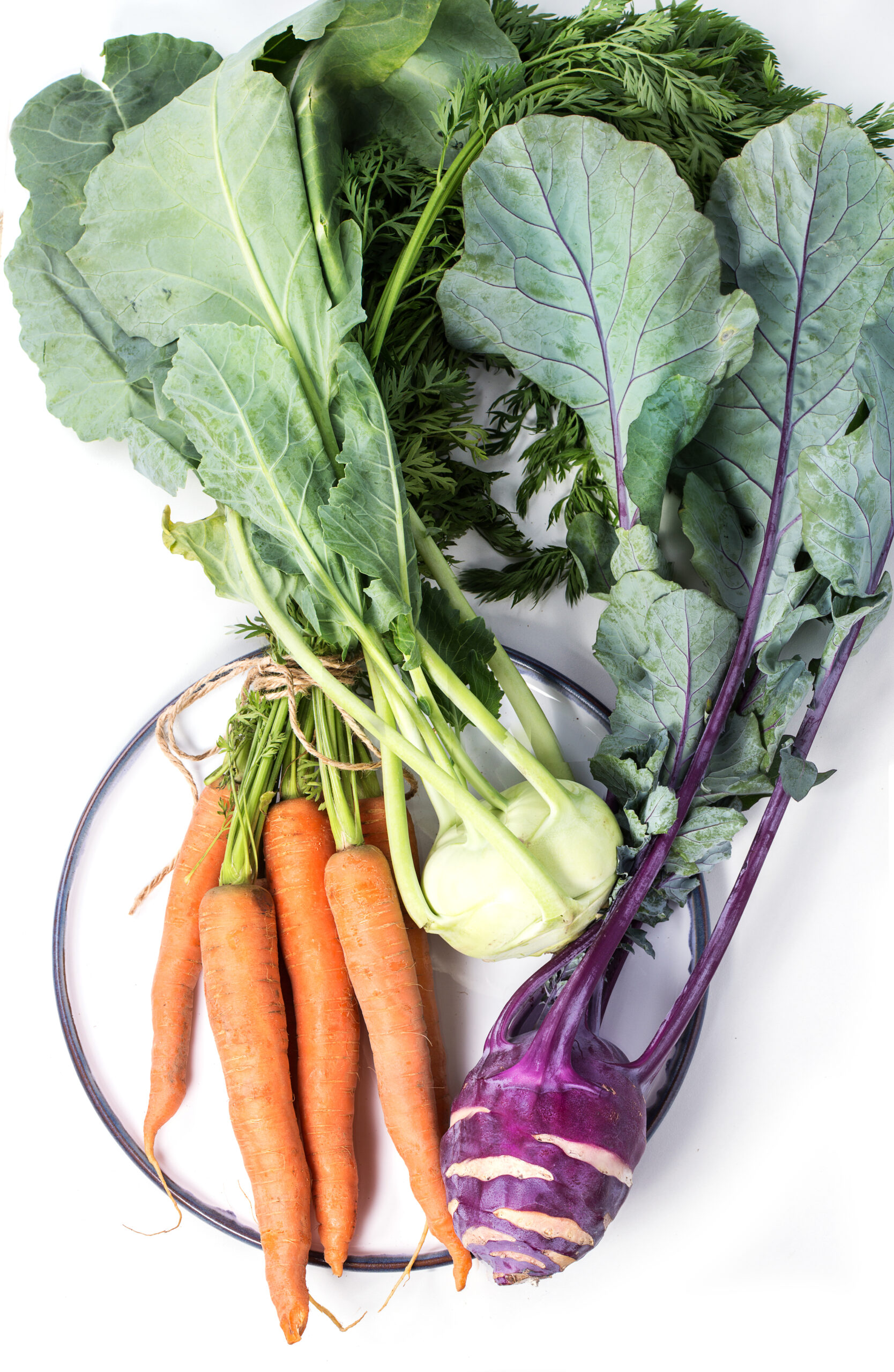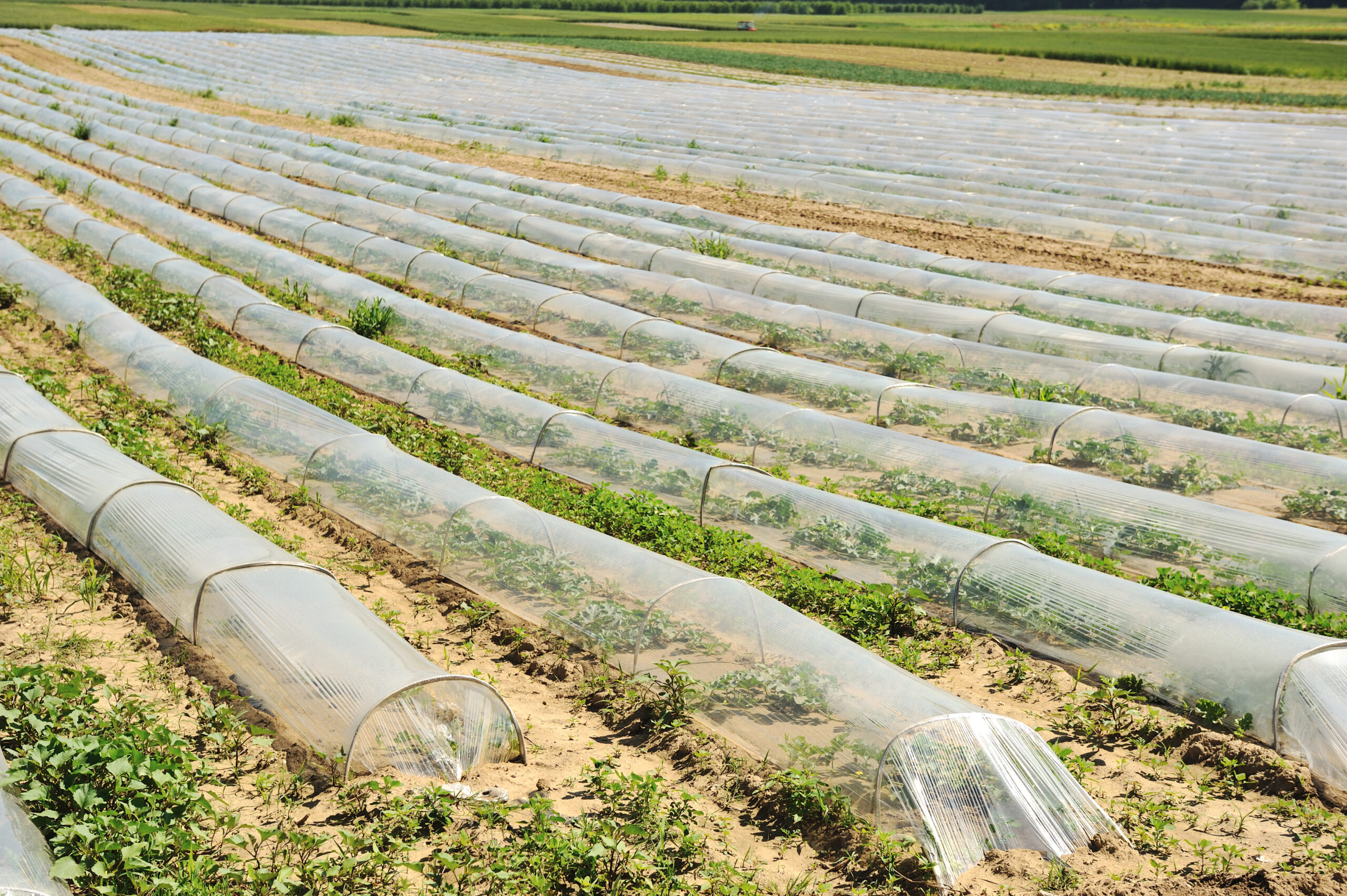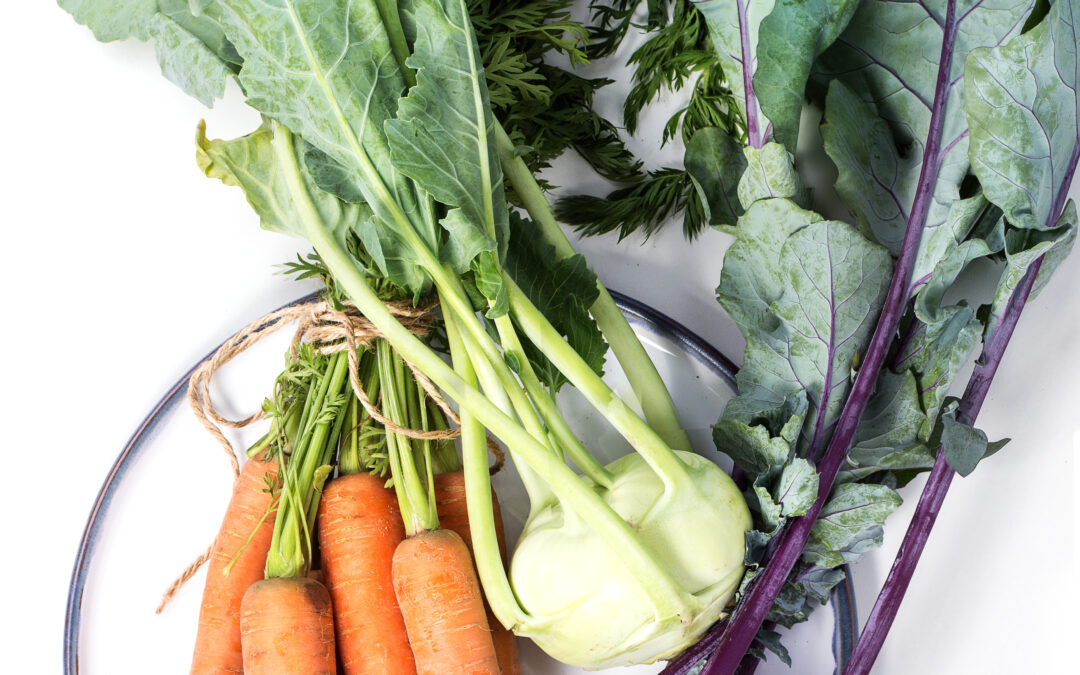Welcome to the world of organic gardening! Whether you’re a beginner or an experienced gardener looking to switch to organic methods, this guide will provide everything you need to know to get started.
Organic gardening is a method of growing plants without using synthetic fertilizers and pesticides. Instead, it relies on natural practices such as composting, crop rotation, and companion planting to maintain soil health and keep pests away. By choosing organic gardening, you are not only creating a more sustainable and environmentally-friendly garden but also providing your family with fresh produce that is free from chemicals.
Benefits of Going Organic:
1. Better Taste – Organically grown fruits and vegetables have been found to have better taste and texture than conventionally grown crops.
2. More Nutritious – Organic food contains higher levels of vitamins, minerals, and antioxidants compared to non-organic food.
3. Safer for You and Your Family – Without the use of harsh chemicals, organic gardening reduces the risk of exposure to toxic substances that can harm humans and animals.
4. Healthier Soil – Organic gardening focuses on building healthy soil through composting and other natural practices, which leads to healthier plants and greater yields over time.
Choosing the Right Plants and Seeds:
When selecting plants and seeds for your organic garden, look for varieties that are well-suited to your region and growing conditions. Choose heirloom or open-pollinated seeds if possible, as these types of seeds are often easier to save and share with others. Additionally, consider choosing plants that are resistant to common pests in your area to reduce the need for pest control.
Preparing Your Soil for Planting:
The key to successful organic gardening is having healthy soil. To prepare your soil for planting, start by removing any weeds or debris from the area. Next, add a layer of compost or other organic matter to the soil to improve its nutrient content and structure. If necessary, adjust the pH level of the soil to suit the needs of your plants.

How to Water Your Garden:
Watering your garden is essential for keeping your plants healthy and productive. When watering, avoid using too much water at once, as this can lead to runoff and erosion. Instead, aim to provide your plants with a deep watering every few days, allowing the soil to absorb the moisture thoroughly. Consider installing drip irrigation or other efficient watering systems to conserve water and reduce waste.
Tips for Pest Control in an Organic Garden:
In an organic garden, preventing pests before they become a problem is crucial. One way to do this is by attracting beneficial insects to your garden, such as ladybugs and lacewings, which feed on common garden pests like aphids and mites. Another strategy is to rotate your crops each year, which helps to disrupt the life cycle of pests and prevents them from becoming established in your garden. Finally, consider using natural remedies such as neem oil or garlic spray to repel or kill pests if needed.
Harvesting Your Crops:

Once your plants begin producing fruit or vegetables, it’s time to harvest! Harvest when the produce is ripe and mature, as picking too early can result in poor quality and reduced yield. Depending on the type of crop, you may want to harvest all at once or gradually over time to extend the harvest season. Remember to practice good post-harvest care, including proper storage and handling, to ensure your crops last long and remain fresh.
Maintaining Your Organic Garden:
To keep your organic garden thriving, regular maintenance is required. This includes tasks such as pruning, deadheading, and thinning out crowded plants to promote airflow and prevent disease. Additionally, continue to add organic matter to your soil throughout the growing season to help build up nutrients and improve soil structure. With consistent attention and care, your organic garden will flourish and provide you with bountiful harvests for years to come.



